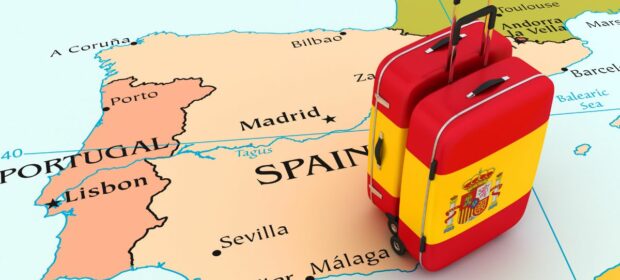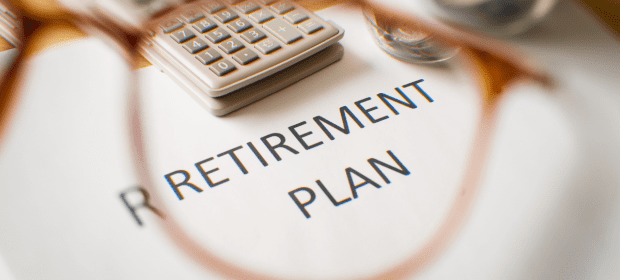Whenever someone gets in touch with me, the first, most important thing I suggest they do is to make themselves and their family as tax efficient as possible, i.e. tax planning. There is no point having a ‘leaky bucket’: their money earning interest but more than needs to is pouring through the ‘tax holes’ they haven’t plugged or planned for.
So, apart from the obvious reason of minimising the current tax you pay, why is it important to review your tax situation? It is to make sure you are aware of ‘stealth taxes’. Stealth taxes are those which are not easy to detect and that many people are not aware of.
If you are a government, you want to win as many votes as possible to be elected (or re-elected). You need money to spend, but raising taxes on the upper echelons will damage your votes, raising taxes on the working classes will also damage you votes, and both will be very vocal. Therefore, what has become increasingly popular with governments is to increase taxes that won’t necessarily hurt voters’ pockets on a day to day basis, but which could do in the future.
A good example of this is something called the lifetime allowance. This is the ‘ceiling’ under which the value of your UK private pension will be in the regular tax bands. However, if your pension pot overshoots this limit, you will pay increased tax of up to 55% on anything over that ceiling. Never heard of this tax? Well, I can assure you there are some very normal, everyday, hard-working people who are not in the upper echelons of society and who, due to long pension contributions and having good investment advice, will reach this limit in their lifetime.
To explain this a little more, the lifetime allowance ceiling was introduced in 2006 and was £1,800,000 at its maximum. Over time, it has been reduced and reduced to its present rate of £1,055,000. During that same time inflation has increased, people’s earnings have increased, contributions to pensions have increased; so why should the ceiling go down? Stealth tax.
Moving forward, stealth taxes are likely to be the most popular way for governments to increase their income without the majority of people noticing.
Let’s think about this. What else could the government do along these lines to increase revenue? How about tax those British people living outside of the UK more? They don’t live there, they don’t have the same rights as everyone that does, so are they not an easier target? So, what could they do? Tax UK state pensions (currently they do not tax non-UK residents, although they are taxable in Spain)? Or how about tax those with UK private pensions a ‘non-resident tax’? Or tax those who move their UK pensions outside of the UK and not into a place where the UK government has an agreement with? In fact, the last one they do already!
What can you do? Well its quite simple really; plan now so that should any of the above or anything like this happen, your assets or monies are arranged to be as tax efficient as possible to mitigate these circumstances. If your assets are working just as effectively as they are now, but are much more tax efficient, it could save you and your family a lot of money in taxes in the future.
Perfect preparation prevents P*** P*** performance I believe is the phrase!















